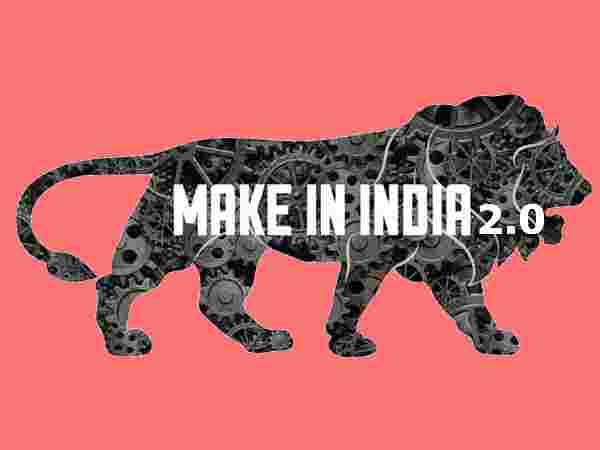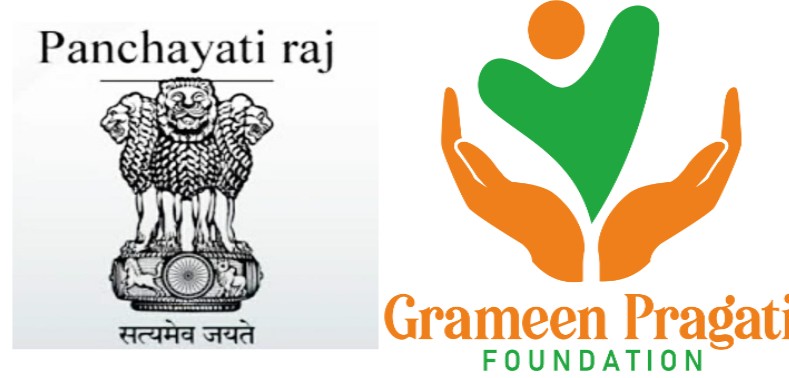helping hand in any situation

For the last several decades, increasing globalization of the world economy and waves of deregulation and privatization have facilitated the emergence and increased the power of private actors, particularly large transnational corporations. Companies with activities in dozens of countries and billion-dollar turnovers have acquired both great influence on the global economic system and significant political clout. As they grow larger and increasingly powerful, transnational corporations have become influential actors in international policy debates, including, most importantly how to address poverty eradication, sustainable development, climate change and the protection of human rights. At a time when governments seem unable to resolve pressing global challenges in multilateral settings, business is positioning itself as an alternative, operating on a model that pretends to be more flexible, efficient and un-bureaucratic than is the case with states. In the joint project “Counter-Lobby for Future Justice,” Brot für die Welt, Global Policy Forum and MISEREOR identified and analyzed different channels of corporate influence in international policy processes, paying particular attention to the risks, side effects and impacts such influence has had on global governance, democratic decision-making and economic and social lives of people in the global South. The preliminary findings of this project were published in a series of working papers on corporate influence on (1) the Post-2015 process; (2) the Business and Human Rights Agenda of the United Nations; and (3) the G8 New Alliance for Food Security and Nutrition in Africa. However, it is not only “big business” but also “big philanthropy” that has an increasing influence in global development policy, particularly large philanthropic foundations. The scope of their influence in both past and present discourse and decision-making processes is fully equal, and in some cases goes beyond that of other private actors. Through the sheer size of their grant-making, personal networking and active advocacy, large global foundations, most notably the Rockefeller Foundation and the Bill & Melinda Gates Foundation have played an increasingly active role in shaping the agenda-setting and funding priorities of international organizations and governments. So far there has been a fairly willing belief among governments and international organizations in the positive role of philanthropy in global development, one which often fails to differentiate among different foundations. But in light of experiences in the areas of health and agriculture, For the last several decades, increasing globalization of the world economy and waves of deregulation and privatization have facilitated the emergence and increased the power of private actors, particularly large transnational corporations. Companies with activities in dozens of countries and billion-dollar turnovers have acquired both great influence on the global economic system and significant political clout. As they grow larger and increasingly powerful, transnational corporations have become influential actors in international policy debates, including, most importantly how to address poverty eradication, sustainable development, climate change and the protection of human rights. At a time when governments seem unable to resolve pressing global challenges in multilateral settings, business is positioning itself as an alternative, operating on a model that pretends to be more flexible, efficient and un-bureaucratic than is the case with states. In the joint project “Counter-Lobby for Future Justice,” Brot für die Welt, Global Policy Forum and MISEREOR identified and analyzed different channels of corporate influence in international policy processes, paying particular attention to the risks, side effects and impacts such influence has had on global governance, democratic decision-making and economic and social lives of people in the global South. The preliminary findings of this project were published in a series of










